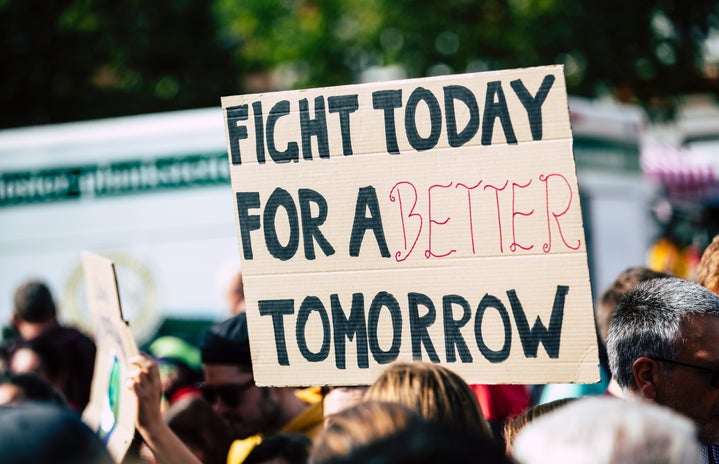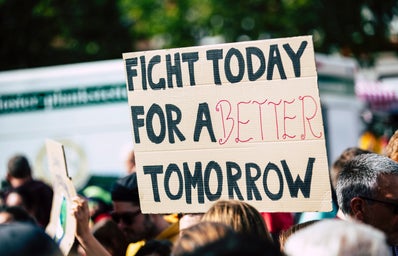Many causes are gaining attention and awareness more than ever through the access we have on social media. We are exposed to injustices that happen globally and want to make a change. It’s easier now to choose to be a social activist and fight for the rights, for freedom, for equality, for justice to those that are underserved. It’s time to address the problems of racism, homophobia, trans phobia, sexual assault (to name a few) and to find ways for them to be defeated.
Being a social activist is no easy path to take, but it’s all the more rewarding and in many ways, it becomes our calling and civil duty to bring light to these injustices and help those that are directly affected by them. Not only are we grappling with the problems that are happening around the world, but we are also learning ways to cope with just the simple fact of being alive.
So, what is social activism burnout?
Burn-out, especially as it applies to compassion fatigue, is characterized by physical, emotional, and spiritual exhaustion that causes a decline in your ability to experience joy and feel and care for others. Burn-out happens when you give more energy and compassion than you receive and as a result, you lose sight of the light of hope at the end of the tunnel, as described in an article by Everyday Feminism.
We tend to be unproductive, self-deprecating, mentally unwell and more and more tired when we burn-out. How do we deal with social activism burn-out? Here are some tips to help you get through it!
- Express and identify your feelings
-
Signs of fatigue and exhaustion will definitely pop up when experiencing the effects and aftermath of burn-out. It’s important to recognize when you are not feeling yourself when you are not enjoying things you used to love, when you have trouble getting out of bed and when you are more cynical.
You have to ask yourself these questions when you start feeling like this:
“How can I deal with these stressors?”
“What activities can I do to help boost my mood?”
“Who can I speak to and be my confidant when I’m feeling down?”
“Which ways can I better myself to serve the community while also taking care of my mental health?”
It’s true when they say you can’t help others if you can’t help yourself. So when you start feeling unwell, talk about it. Don’t keep it bottled up or feel ashamed that you aren’t working or advocating at 100%. Remember: you are still human, you are valid, and you need to be taken care of, to be heard, and to be understood too.
- Make time for self-care every day, learn how to take a break if needed
-
One part of inner success is routine and self-awareness. It’s beneficial to learn what things we love outside of social activism and do them on a daily basis. One example is exercise; it’s proven that exercise really does improve a person’s mental health and can lead to the production of endorphins, which helps in decreasing stress.
Small self-care actions go a very long way. For example, making sure you are constantly keeping hydrated and eating well, doing your skincare routine every morning and night, writing in your journal and keeping away from traumatic images that may trigger you.
It’s also more than okay and in fact important to learn how to take breaks in order to get yourself together. To take time to discover and connect to new hobbies, to cultivate different passions outside of activism is okay. There’s no pressure on you to not be a person outside of social activism.
“If we are depriving ourselves of our own needs, eventually our time, energy, and caring for others will also deplete.” an article by Everyday Feminism states.
- Foster supportive environments and communities
-
Find a community that accepts your temporary absence due to burn-out and hold them close to you. Sharing your experiences with burn-out exhaustion not only helps you feel understood and seen but it provides support that you need to help you grow.
It may be human nature to isolate yourself when we feel misunderstood but being around people who understand the struggles and difficulties that come with activism will help with the loneliness we might be going through.
Accepting communities will most likely prevent leaving social activism behind completely, but instead be a long-standing member of the community and will help us move forward despite burn-out.



